We chat with Emily White about remote nursing. She takes us on a journey from the Australian desert to the remote islands and even the time she was woken up by a donkey. If you’ve ever thought of Rural and Remote nursing then this is a great read! Before you read on go join our exclusive PRIVATE FB Group ‘Rural & Remote Nursing | The Australian Outback‘ to ask questions and network with other like-minded nurses, midwives and students.
What inspired you to go rural and remote nursing
I’ve always loved travelling and have wanted to see more of Australia so the opportunity to explore was definitely a selling point. I also found that I was really craving some more autonomy in my nursing practice and was finding the hospital system a little monotonous. Having more control over my rostering arrangements and choosing to do short contracts really allowed me to develop a better work/life balance.
So where have you worked?
I started off in small rural hospitals such as Thursday Island and Fitzroy crossing. Since then I have transitioned as a RAN and have worked in multiple clinics in central Australia including Papunya, Docker River, Yulara, Finke and Laramba. In the Top End I’ve worked in Wadeye and Pirlangimpi (tiwi islands).
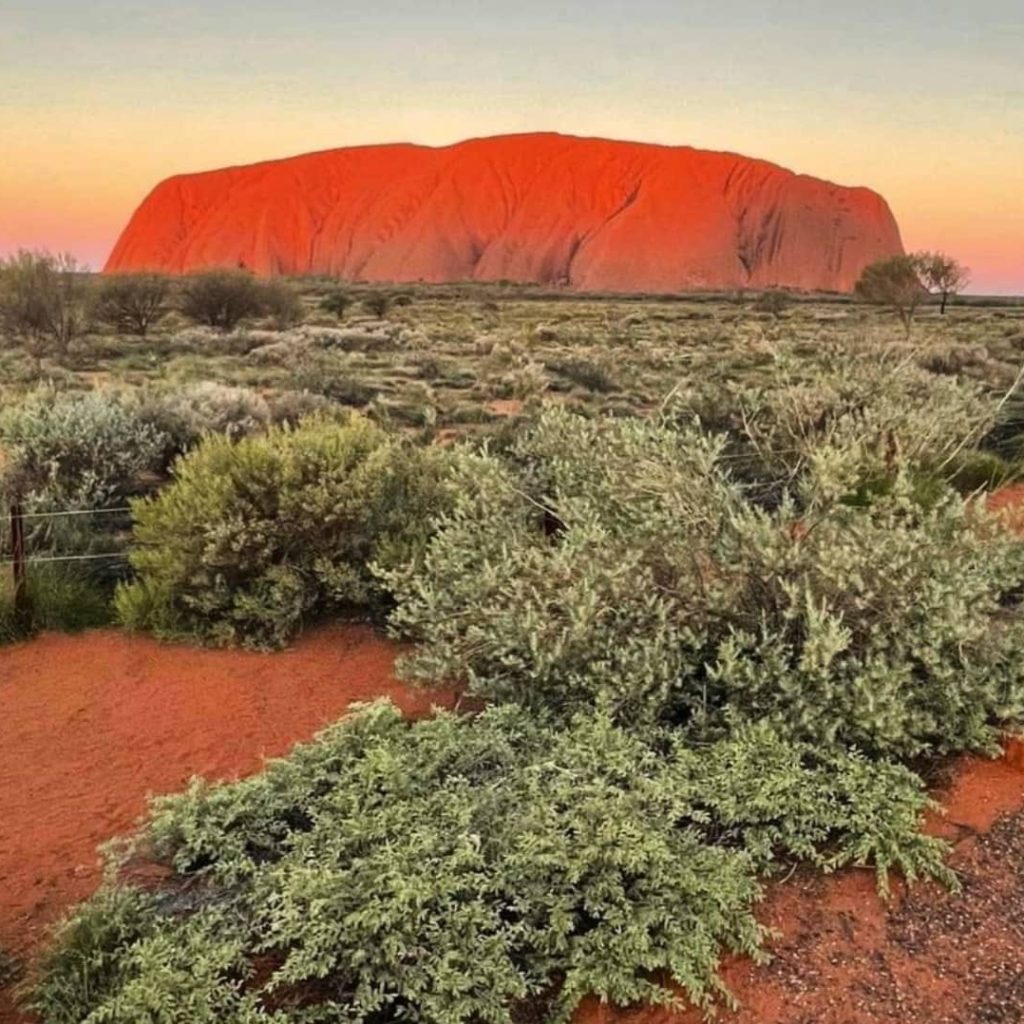
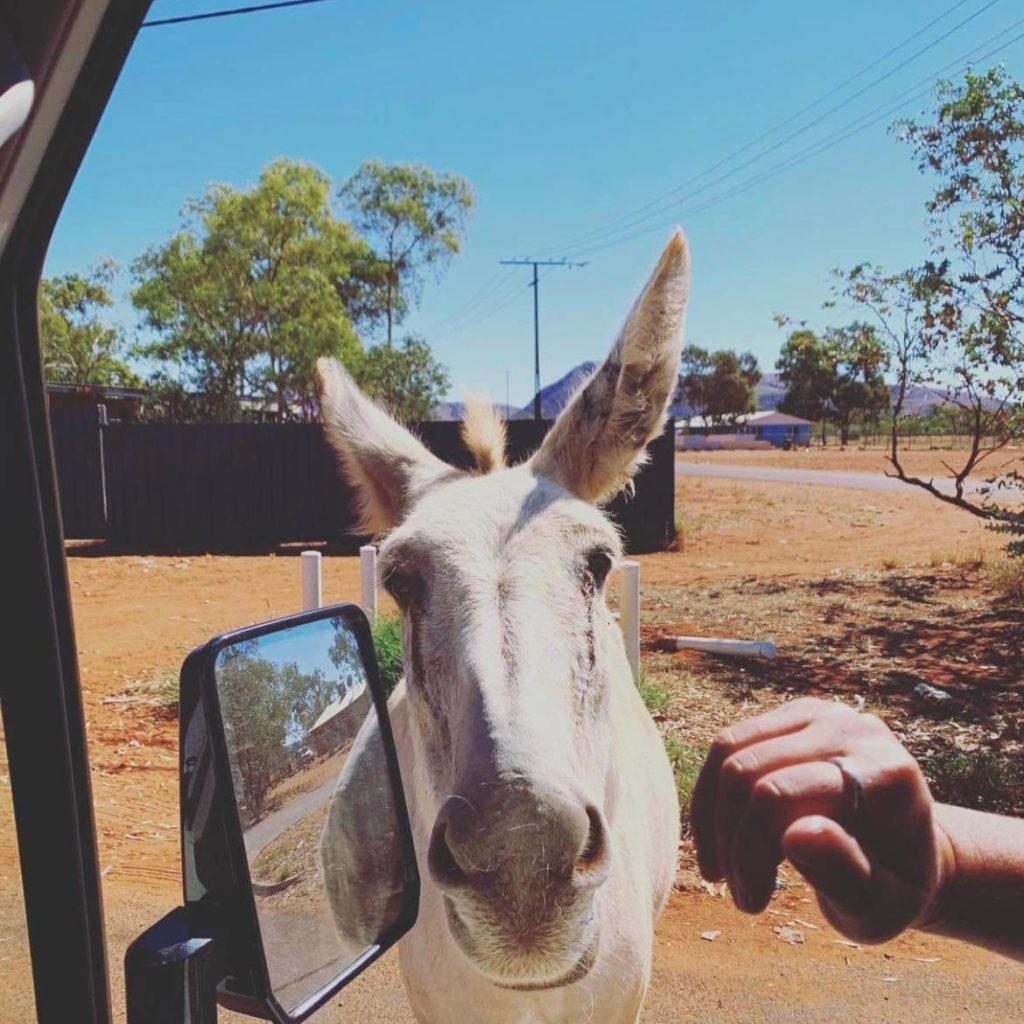
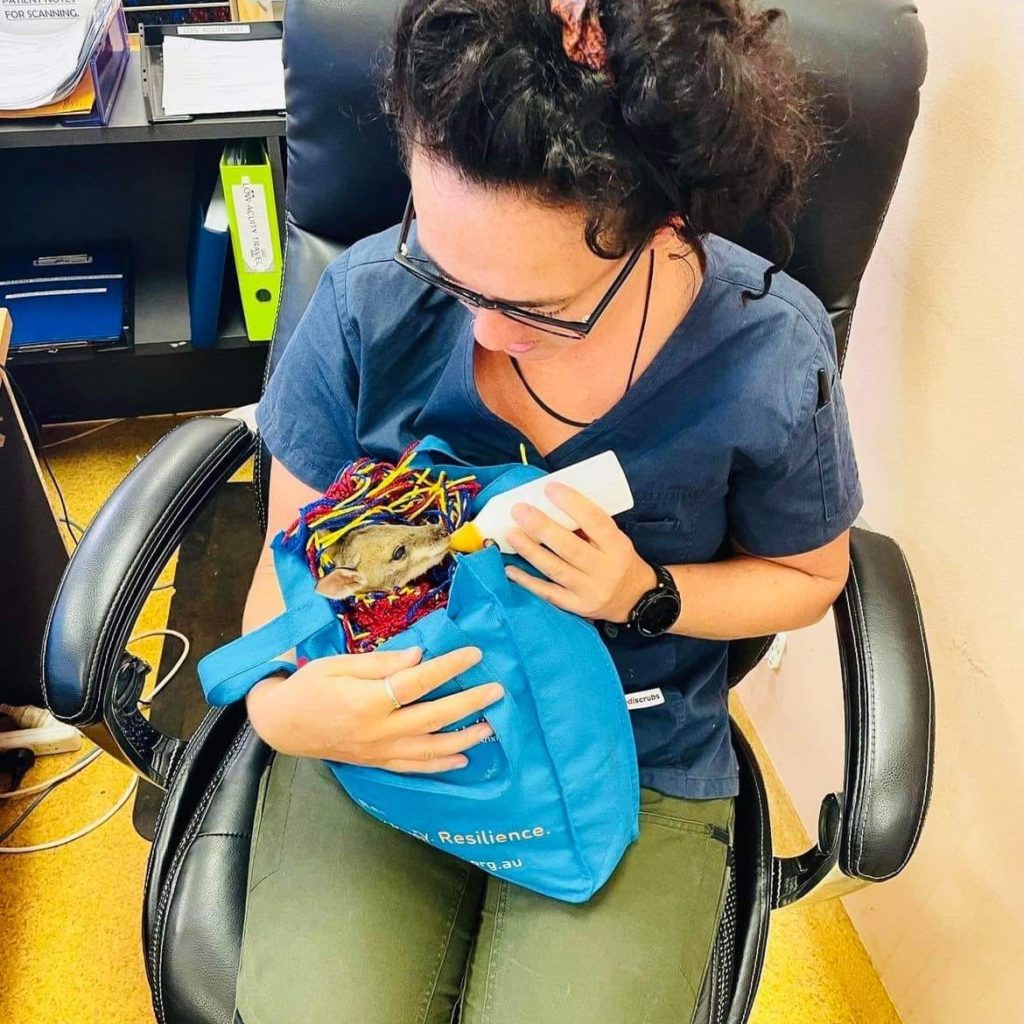
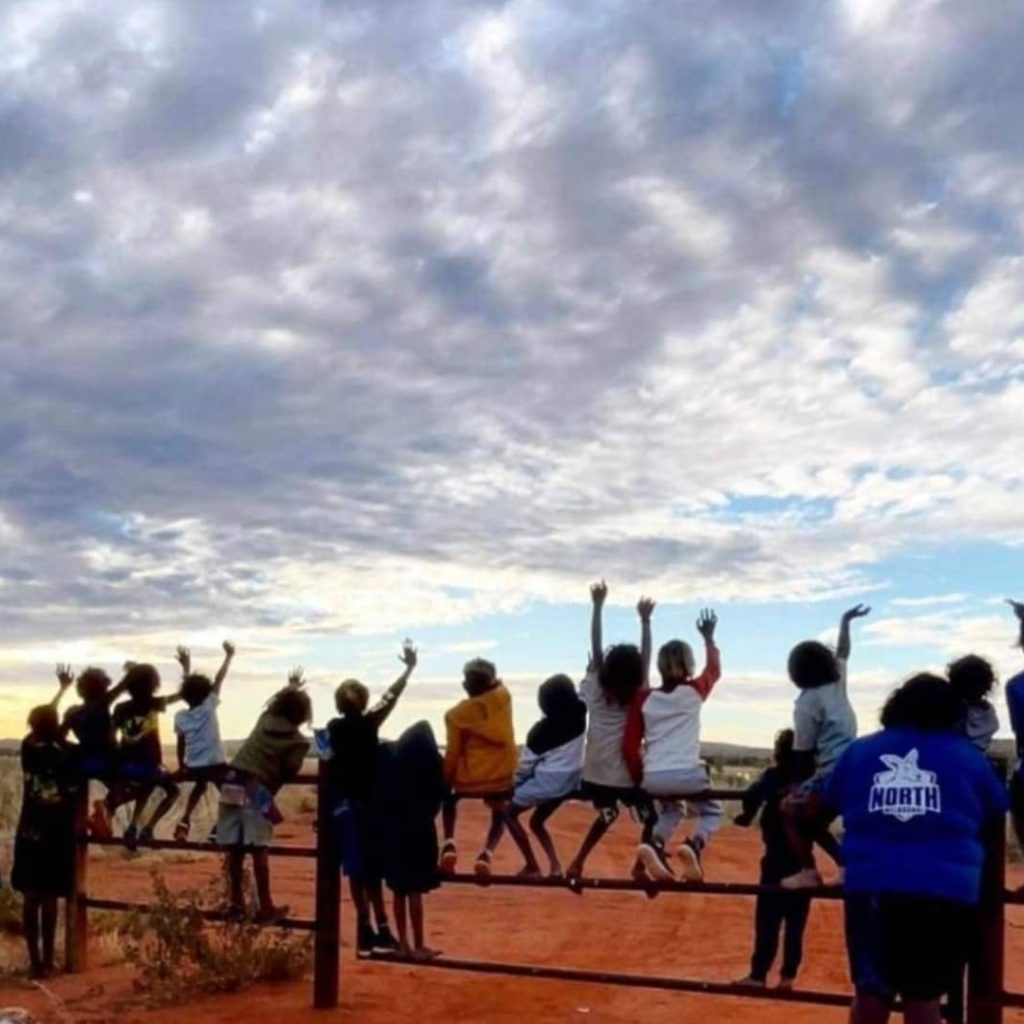
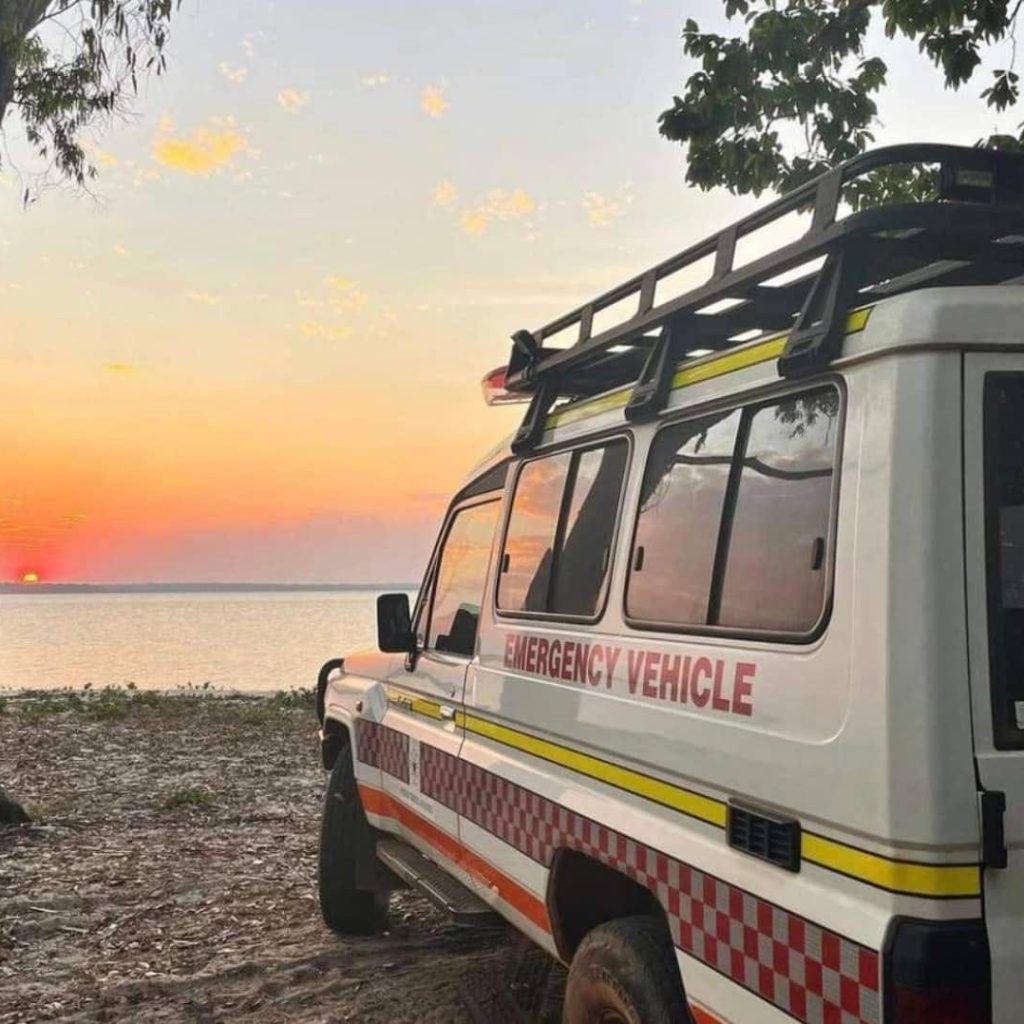
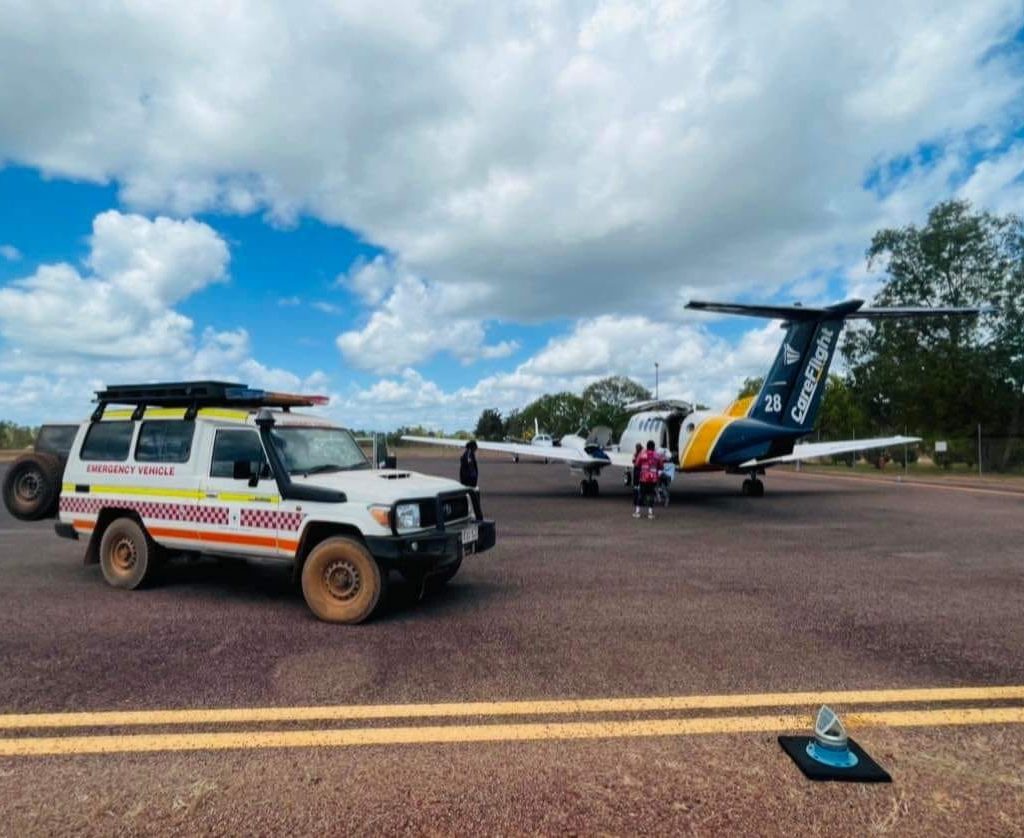
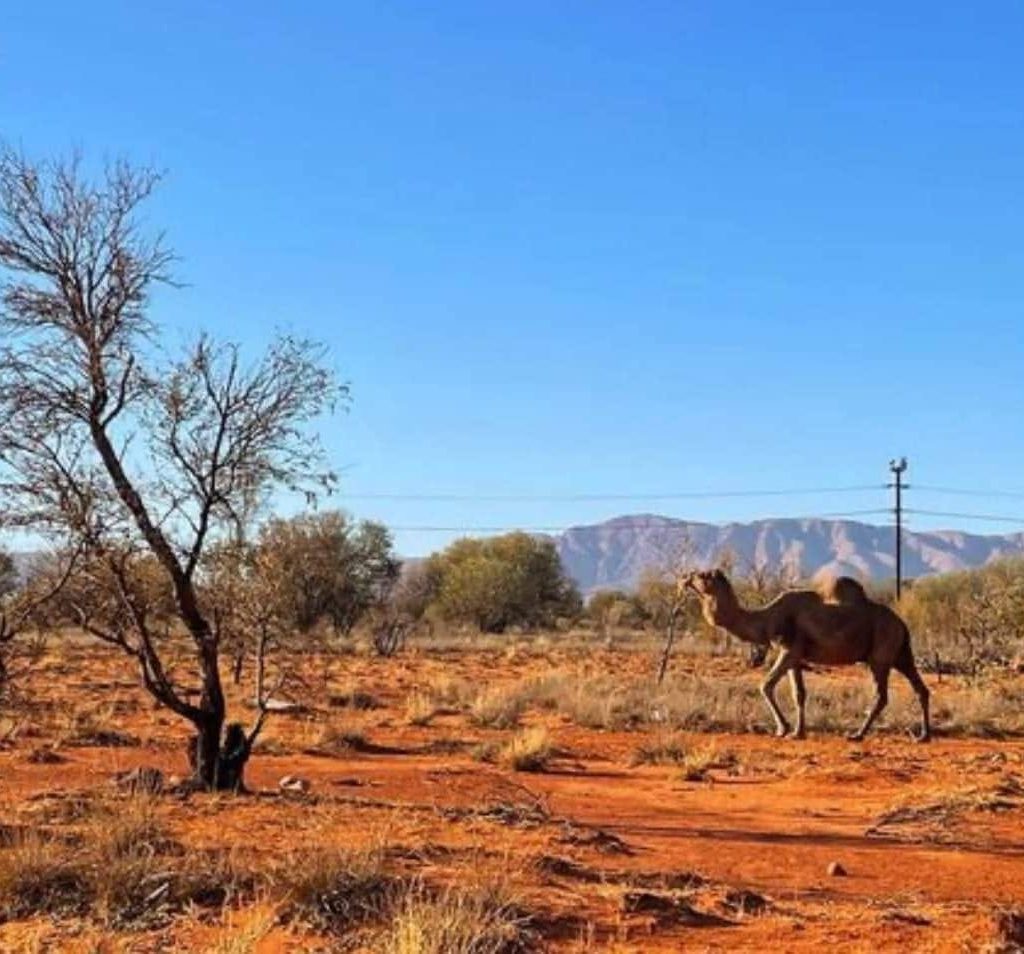
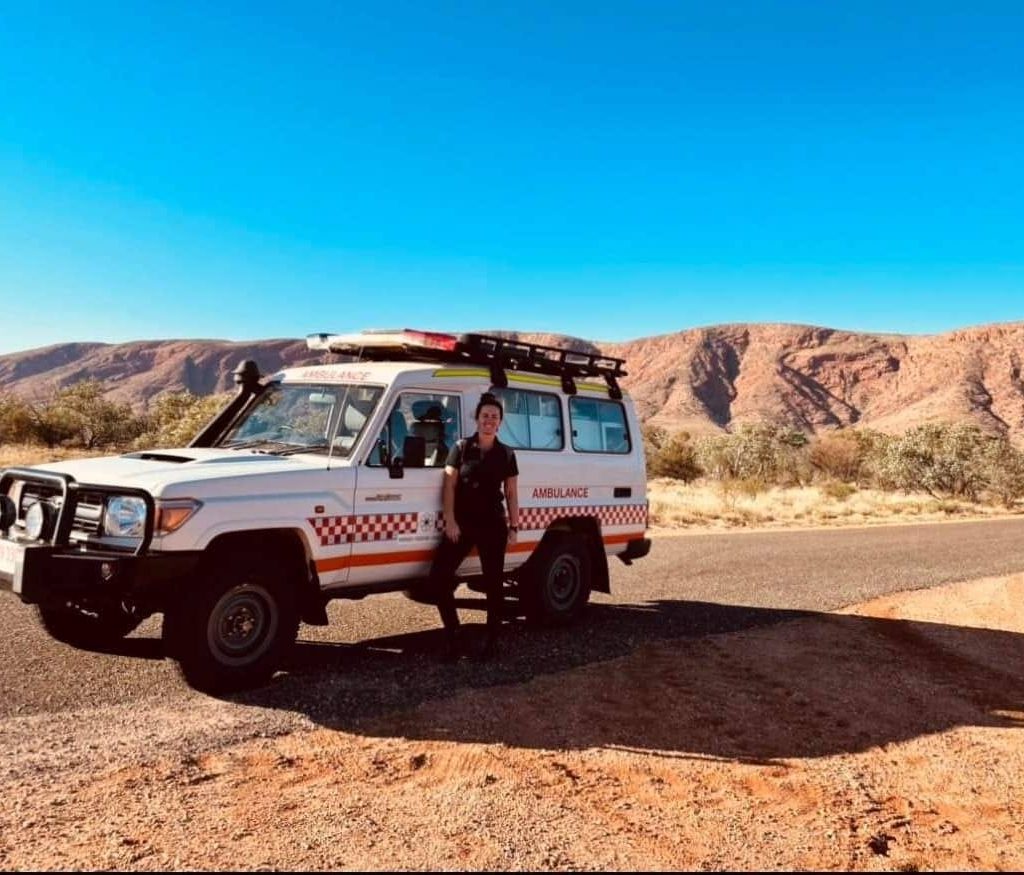
Has anywhere you’ve worked really stood out?
I’ve loved everywhere I’ve worked for different reasons. Some communities bring more challenges than others. Pirlangimpi on the Tiwi Islands was a particularly special spot!
What are things you wish you knew before you started remote nursing?
Before I started R&R nursing I wish I knew just how varied the role is and how broad my skills would need to become. From managing chronic conditions, primary health issues, to full on resus’s and traumas. Every day looks different which is the best and most challenging part of the role. I also wish I was aware of the many non clinical tasks that I would also need to perform such as arranging transport and accommodation for people to get to appointments and I wish I understood just how frustrating these logistics could be.
What shocked you the most?
What shocked me the most I think were the logistical issues and some of the cultural differences working in Aboriginal communities. I would find at times I would be so frustrated over how hard it could be to organise travel for someone to have an appointment and the realisation of how much we take this for granted in more metropolitan areas.
Delivering healthcare to such a diverse culture was definitely an eye opener too along with their different attitude to health and the realisation of how much of their health and wellbeing depends on you and a small team around you. There were also some very funny things that shocked me too, like having to get someone to drive up and down an airstrip before a plane arrives to clear it of roos, donkeys and dogs.
What are some memorable/funny moments you’ve had?
Its so hard to pinpoint some of the funny moments because there have been so many. You find working remote you have to have a sense of humour to thrive and so you find yourself sharing so many hilarious moments with colleagues and community members that really brighten up your time in a place.
One most recently was when I was asleep in my accommodation and in the early hours of the morning my sensor light went off. I got up frightened, thinking that a person was skulking around outside, only to find a donkey standing right at my doorstep. I opened the door, patted him and offered him some raisin bread for breakfast. Needless to say he became a regular visitor to my house.
What are some things you’ve learnt/lessons you’ll take away from your experience?
My whole outlook on life has changed since working R&R. I have learned to appreciate a quieter life working in the community without the distractions of the “real world”. It has also made me appreciate Australia so much and the diverse and beautiful country that we live in.
It has made me grateful for the healthcare system we have here (albeit flawed in its own way) but the services that are in place to try and connect these incredibly remote communities to healthcare services. I have gained a much deeper understanding of Aboriginal health and culture, issues that affect the Indigenous population and the ongoing legacy of colonisation that is still strong today.
Ive also learnt to have faith in my own ability. Finding yourself in situations that really push you so far out of your comfort zone really makes you reflect on what you are capable of.
Top 5 pieces of advice for a nurse going out first-time rural remote nursing?
- You will never feel prepared! I speak to so many nurses wanting to go R&R but they have this fear that they will be so far outside of their comfort zone and wont know what to do. Nothing can truly prepare yourself for it so you just have to dig in and do it! you learn everything you need to along the way and I promise you it will be the best thing you have ever done.
- Have faith in yourself, you’re a nurse! You will not know off the top of your head how to deal with every presentation or every situation. Support is there, there is always someone to call for advice (and I mean always!) and there are no silly questions. I have never been made to feel bad/silly/inadequate for asking questions or seeking advice. There are very simple guidelines to follow and places to look for more information. You have to back yourself and know you can do it.
- You will be busy, and you will be tired. Particularly as a RAN, working in the clinic and sharing an on call roster can be gruelling! Especially with the shortage of nurses at the moment, you may find yourself on call 24/7. Looking after yourself is key. Sleep when you can, watch netflix, go for a walk, connect with your friends and family and get out of community whenever you have the chance even if its just for a drive down the road. Be aware of your own mental health and recognise triggers of you feeling isolated or burnt out and seek help.
- Knowledge is key. Do the courses… do all of the courses, free ones, paid ones, online ones, face to face ones…. do them all. Nothing will prepare you more than developing your skills and knowledge, particularly on issues that are specific to Aboriginal Health and remote practice.
- You are never alone even though sometimes you may feel it. There is so much support out there. The R&R nursing network is amazing, you will meet like minded people along the way who can become your best mate overnight. The comradery I have experienced working R&R is astounding and something I am so grateful for. There is always someone you can call or reach out to who will completely understand what you’re going through and can help you through the toughest of times. The friendships I have made on this journey are absolutely invaluable.
Any tips on choosing an employer/agency etc?
This is super important. If you go with an agency the biggest thing to remember is that most of them, make money from you working! Therefore they work for you, not the other way around. Search for an employer or agency that you trust and that will have your back. Ask as many questions as you need to ensure you’re getting the right contract for you.
Whether it’s a hospital with a bigger team, accommodation included, pet friendly, family friendly etc and don’t be pushed into taking anything that you’re not comfortable with. If you feel like you will need more support transitioning into a role then it would be advisable to go directly through an employer.
With agency you need to be able to hit the ground running, there usually isn’t the scope to train you and help you transition, you are there to fill staffing deficits, so you need to be self-reliant. I have had an amazing experience with my Agency.
Chrystal from CQ Nurse has always had my back, supported me and always has her finger on the pulse for contracts that would be suitable for me. She’s a bloody legend, and that’s what you need. Also remember if one agency isn’t floating your boat, there are hundreds of others, cut the cord and move on.
What’s the best thing about working rural?
Its hard to say what the “best” part is. If I had to choose one I’d have to say the people you meet along the way.
From people living in the different communities as well as the like minded legends that work in these extraordinary conditions… not to mention the amazing people we rely on from RFDS/Careflight. Having the ability to explore this beautiful country and be paid for it is an absolute blessing. Thanks heaps for sharing with us Emily!

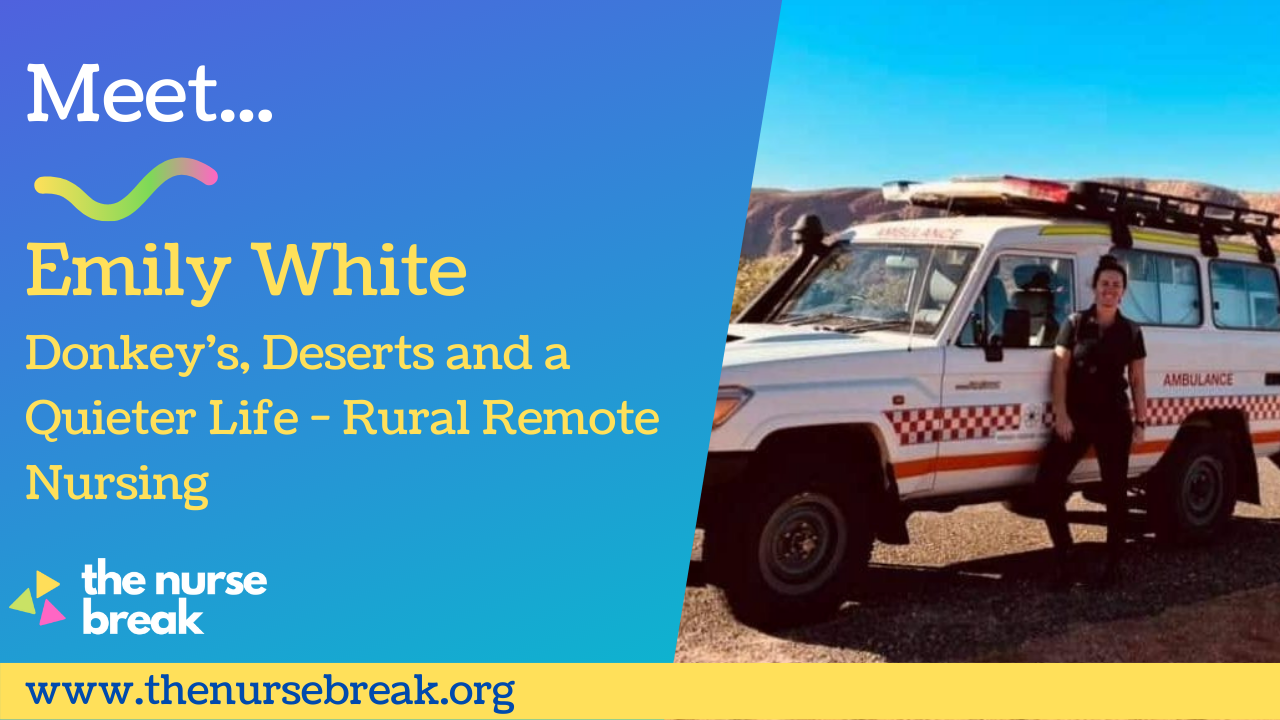




You must be logged in to post a comment.